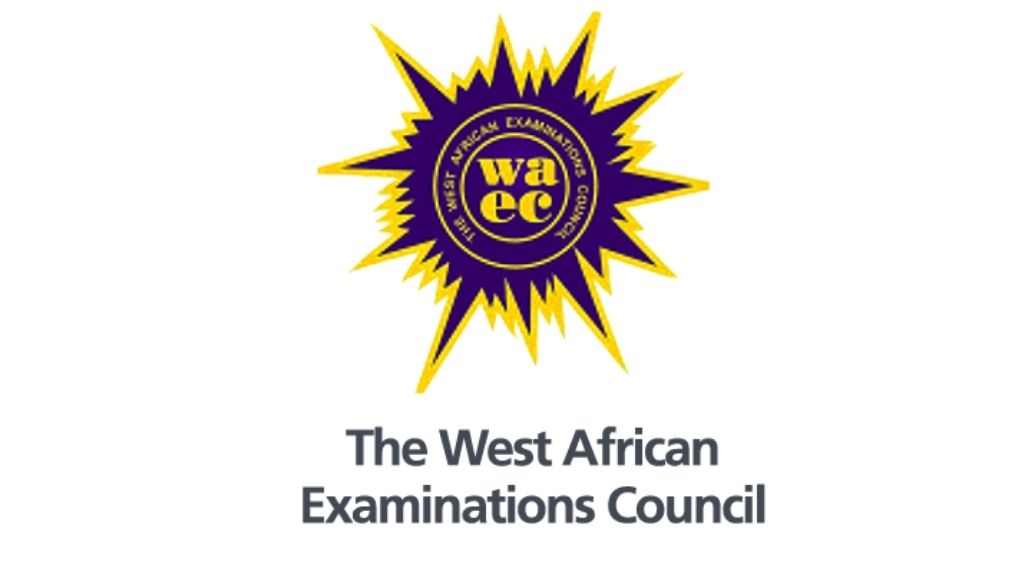In a sobering revelation that has sent ripples through Nigeria’s education sector, the Lagos State Government disclosed that 26,592 public school students failed the 2024 West African Senior School Certificate Examination (WASSCE). This staggering figure, announced on April 25, 2025, has ignited a firestorm of debate about the state of secondary education in Nigeria’s economic powerhouse. Lagos, often hailed as a beacon of progress, now faces a critical juncture, prompting stakeholders to demand sweeping reforms to reverse this academic decline.
The WASSCE, administered by the West African Examinations Council (WAEC), is a pivotal milestone for Nigerian students, determining their eligibility for tertiary education. For Lagos, a state that prides itself on its cosmopolitan allure and robust infrastructure, the failure of over 26,000 students is a stark anomaly. According to the Lagos State Ministry of Education, the 2024 results reflect a pass rate significantly lower than previous years, with only a fraction of the 80,000 registered public school candidates achieving the minimum five credits, including English and Mathematics, required for university admission. This outcome has raised questions about systemic deficiencies in curriculum delivery, teacher training, and student preparedness.

Education analysts point to several factors contributing to this dismal performance. Chief among them is the chronic underfunding of public schools. Despite Lagos’s substantial internally generated revenue, public education has often taken a backseat to flashy infrastructure projects. Many schools grapple with dilapidated facilities, overcrowded classrooms, and a shortage of qualified teachers. A 2024 report by the Lagos State Teachers’ Association revealed that over 40% of public secondary schools lack functional science laboratories, hampering practical learning in critical subjects like Physics and Chemistry. Furthermore, the student-teacher ratio in many schools exceeds 60:1, far above the UNESCO-recommended 25:1, making personalized instruction a distant dream.
Socioeconomic challenges also play a pivotal role. Many students in Lagos’s public schools hail from low-income families, where financial pressures force them to juggle academics with menial jobs. The rising cost of living in Lagos, coupled with inadequate government support for indigent students, has led to high dropout rates and poor academic focus. “My daughter spends hours hawking after school to support us,” lamented Mrs. Adeola, a single mother in Alimosho. “How can she compete with students who have private tutors?” Her story echoes the plight of thousands, highlighting the intersection of poverty and education.
The Lagos State Government has not remained silent. In a press conference, the Commissioner for Education, Mrs. Folashade Adefisayo, described the results as “a clarion call for action.” She outlined plans to introduce targeted interventions, including teacher retraining programs, free remedial classes for WASSCE candidates, and partnerships with ed-tech firms to provide digital learning resources. However, critics argue that these measures are reactive and fail to address root causes. Dr. Kemi Oluwaseun, an education consultant, advocates for a holistic overhaul: “We need to rethink our curriculum to emphasize critical thinking over rote learning. Our students are memorizing answers, not understanding concepts.”
Parents and students, meanwhile, are demanding accountability. At a town hall meeting in Ikeja, angry parents accused school administrators of neglecting their duties, citing instances of absentee teachers and uncompleted syllabi. Students, too, voiced their frustrations. “We had no mathematics teacher for six months,” said Chukwudi, a 17-year-old from a public school in Surulere. “How were we supposed to pass?” Such testimonies underscore the urgency of addressing systemic gaps.
The broader implications of this failure rate are profound. With Nigeria’s youth population projected to reach 200 million by 2030, an undereducated workforce could exacerbate unemployment and social unrest. Lagos, as Nigeria’s commercial hub, cannot afford to produce graduates ill-equipped for the demands of a globalized economy. The state’s ambition to become a smart city hinges on a skilled populace, making educational reform non-negotiable.
As Lagos grapples with this crisis, there is a silver lining. The public outcry has galvanized civil society organizations, with groups like the Education Reform Now Initiative mobilizing to support struggling schools. Private sector involvement, too, offers hope. Companies like MTN and Guaranty Trust Bank have pledged scholarships and infrastructure upgrades for high-performing public schools. Yet, these efforts must be sustained and scaled to yield lasting impact.
The 2024 WASSCE results are a bitter pill for Lagos, but they also present an opportunity for transformation. By prioritizing education funding, enhancing teacher welfare, and addressing socioeconomic barriers, Lagos can reclaim its status as a leader in educational excellence. The clock is ticking, and the future of millions hangs in the balance.